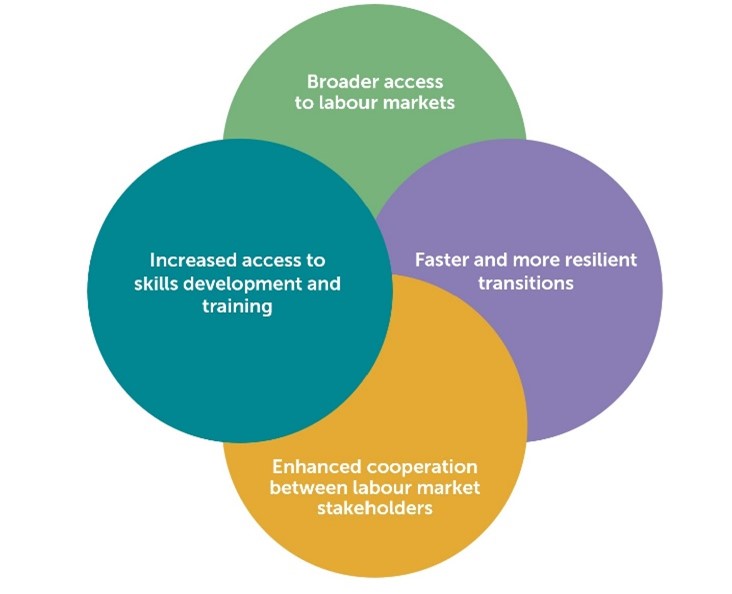Published on 30th August 2022
Skills and labour shortages are a topic of growing predominance and concern for employers and policymakers across Europe. They risk hampering economic growth and job creation while also limiting labour market participation.
In a new Strategic Issue Paper, the World Employment Confederation-Europe analyses data from international and European institutions, as well as data provided by its members, to determine what are the main drivers behind the current labour shortages. The conclusion is that those shortages are largely linked to mismatches between supply and demand: inactivity, a re-evaluation of work, cross-border mobility of workers and the long-term impact of the Covid-19 pandemic – with workers having left certain sectors and most likely not returning after having given their career a new orientation.
This mismatch problem can be addressed by fostering labour market reforms building on four interconnected pillars.

Thanks to its long-standing, hands-on, experience of labour markets, the private employment services sector can make critical contributions in each of these pillars:
The World Employment Confederation-Europe proposes in its Strategic Issue Paper some policy recommendations that should enable the private employment services sector to fully play its role, and therefore should further improve labour markets in Europe.